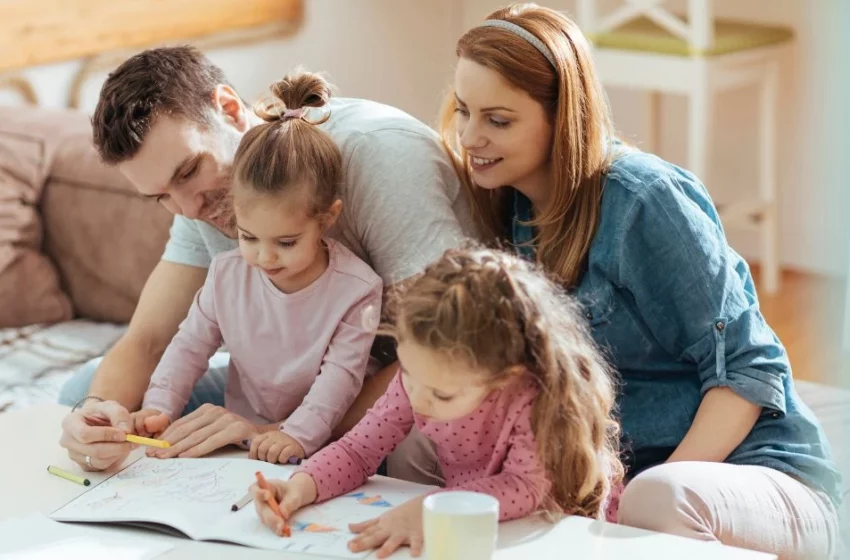
The Definition of Modern Parenting
Modern parents focus on a balanced approach to parenting. They take into account the child’s personality, strengths, and interests.
They also look for research-based techniques that work for their child. This allows them to be closer to their kids, solve problems with them, and do errands together. They also avoid shaming their children for their behavior.
1. They Don’t Worry About Being Different
Modern parenting incorporates the core values and principles handed down for generations, while addressing new problems such as safe internet use, bullying, and nontraditional family structures. It is also flexible, allowing parents to choose techniques and strategies that work best for their families.
For example, some parents who grew up in the middle class believe that intensive parenting is essential for their kids to climb out of poverty. So they invest in everything from homemade baby food to a toddler music class, and spend hours researching the best nutritional supplements for their children.
However, this approach can backfire, if the parents don’t teach their kids to create their own opportunities as adults. Over-involved parents can end up raising kids who are careless, dependent, and lack confidence because they were never given a chance to learn how to be on their own. They are also prone to over-reacting to the littlest things and become hyper-sensitive to their kids’ emotions.
2. They Don’t Worry About Using Their Parents’ Techniques
Parents today don’t feel the need to follow a “parenting script” that makes their family look like everyone else’s on the block. Instead, modern parents are comfortable discovering what makes their own family unique and special.
While some of the parenting methods popularized in the media may be rooted in sound psychology, many are unnecessarily extreme and often cause stress for both the parent and child. For example, timeouts were first recommended by experts in 1969 as a way to discipline children who misbehaved. This form of punishment, however, has now become a common practice in modern homes.
In fact, many parents now consider timeouts to be a “soft” punishment. This is a result of a shift in how society views children’s behavior. In the past, children were seen as fragile and moldable, but now they are viewed more as competent individuals who should be allowed to explore their own interests. As a result, many modern parents are less strict when it comes to their children’s freedom.
3. They Are Much Closer to Their Kids
These parents love to hang out with their kids, solve problems and run errands with them. They want to develop a strong bond with them, which will continue into their adulthood.
However, this doesn’t mean they are overprotective. Overprotective parents often end up making their children careless, dependent, and lacking in confidence. They also lose their ability to think for themselves and feel that they have to rely on someone else for everything in life.
Modern parenting is about building a strong, loving bond with your children while ensuring they have a healthy, balanced lifestyle. It can be challenging, but it’s incredibly rewarding as well. If you can find the right balance, your children will thrive in today’s ever-changing world. So don’t be afraid to try new methods, as long as they are based on sound principles. Be the best parent you can be, and your children will thank you for it later in life!
4. They Don’t Worry About Their Family’s Structure
Intensive parenting exploded in the 1990s and 2000s, driven by concerns about kids’ vulnerability and moldability. It is characterized by a constant teaching and monitoring of children, which largely applies to white and middle-class families. From video baby monitors to homemade food, toddler music classes to natural sunscreen, parents are often bombarded with new ways to “succeed” at parenthood.
This parenting style also focuses on giving freedom to kids to take decision and make them independent and responsive. They give them fair criticism and appreciation. They avoid fake appreciations as it can lead to negative effects for them in future.
These parents believe that kids are more than their parents, they are friends too. They love spending time with them, solving problems, hanging out together and doing errands for them. They understand that they are developing a bond with their kids that will last for their lifetimes. It is an important thing for them to do.




